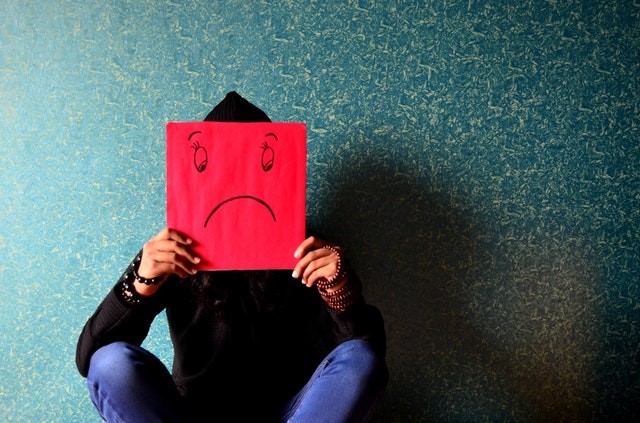In an incident which sent shockwaves across the country, 11 members of the Bhatia family in Delhi’s Burari area were found dead in what was reportedly mass suicide. It appears that the family was involved in occult practices to attain salvation. Evidence points to tantric literature at the scene of the crime.
In the posh Cuffe Parade area in South Mumbai, a couple and their son were found hanging from the ceiling on June 22nd 2018. According to the police, the Patels were suffering from depression since the death of their daughter a few months ago. The girl died from cancer and the father couldn’t stop blaming himself for coming up short in financial support.
Barely a day after their decomposed bodies were found, a family of four killed themselves by consuming rat poison in their government colony apartment in suburban Bandra. Ironically, they took this drastic step because they couldn’t arrange the cash for a flat they wanted to buy in Panvel.
These deaths come in the wake of two tragic suicides elsewhere in the world. The world was shocked when celebrity chef Anthony Bourdain was found hanging in his hotel room in France just days after fashion designer Kate Spade took her own life due to unaddressed depression. Both were highly successful celebrities running veritable empires in their respective fields.
This sharp rise in suicides in men, women and families across social class and caste is a disturbing trend and one that needs to be addressed. Those suffering from a mental illness, alcoholism or drug abuse, a family history of suicide, terminal illness, chronic pain, or a traumatic life event such as loss of a family member are considered to be at an increased risk for suicide. However, people across age groups can experience suicidal thoughts—from teenagers to middle-aged people.
India has one of the world’s highest suicide rates for youth aged 15 to 29, according to a Lancet report. There is a shortage of mental health specialists in India to address issues which could lead someone to take such a drastic step as to take their own lives, and worse, convince family members to make a suicide pact. Despite 15 suicides every hour and 133,623 suicides in 2015, India is short of 66,200 psychiatrists and 269,750 psychiatrist nurses.
India does not spend nearly enough on mental health. Allocation to the National Programme for Mental Health has been stagnant for the past three years. At Rs 35 crore, the programme received 0.07% of India’s 2017-18 health budget. Most developed nations spend above 4% of their budgets on mental-health research, infrastructure, frameworks and talent pool, according to a 2011 World Health Organisation (WHO) report.
Suicide prevention helplines like Aasra, Sneha Foundation and Cooj can do their bit only if one reaches out to them. So, if you notice a friend or colleague expressing suicidal thoughts, rather than telling them to ‘cheer up’, get help!


